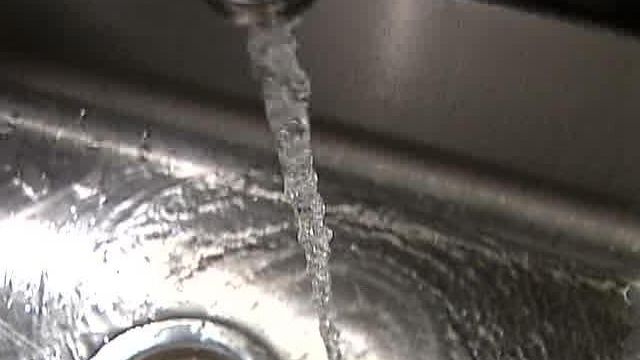Adjustable Water Rates Could Boost Conservation
Many North Carolina cities and towns have historically had abundant supplies of water that they used it to lure and reward industry. But some officials believe such volume discounts should be scrapped to encourage conservation.
Posted — UpdatedTo avert a water crisis in the midst of a deepening statewide drought, Gov. Mike Easley this week asked all communities to cut back their water consumption.
Unlike what happens with commodities such as gasoline or food, prices for water usually don't increase to help curb demand amid a perceived shortage. Many experts said adjustable rates for water usage need to be part of long-term planning.
"Water pricing is one tool that's effective for water conservation," said John Morris, director of the state Division of Water Resources.
Yet, most water systems in North Carolina continue to offer a discounted rate for heavy users. For example, Clayton, Wilson, Dunn, Henderson and Robeson County all offer a decreasing rate as customers use more water.
"We've not thought of ourselves as being a water-poor state. We've been a very water-rich state. So, it made sense in the past as an economic development tool," said John Spurrell, a senior policy analyst with the North Carolina League of Municipalities.
A changing corporate climate and the drought have combined to begin slowly shifting the thinking on water rates, Spurrell said.
"The trends have been towards structures which charge more for more usage," he said.
Communities like Cary, Holly Springs, Fayetteville and Moore County all increase their water rates based on more usage. The Orange Water and Sewer Authority, which serves the Chapel Hill area, voted Thursday night for an increasing rate structure for residential customers to discourage use.
Raleigh, Durham, Fuquay-Varina, Smithfield and other communities prefer a uniform rate for water use, however.
Water customers in Raleigh, for example, pay $1.70 for 748 gallons of water.
Raleigh City Councilwoman Jessie Taliaferro said officials are concerned that increasing rates would hit large, low-income families the hardest.
"They're going to be using more water through no fault of their own. You have to think about who you're impacting with prices," Taliaferro said.
Conservation also can cut into revenue for building and expanding reservoirs to add to the future water supply.
• Credits
Copyright 2024 by Capitol Broadcasting Company. All rights reserved. This material may not be published, broadcast, rewritten or redistributed.






